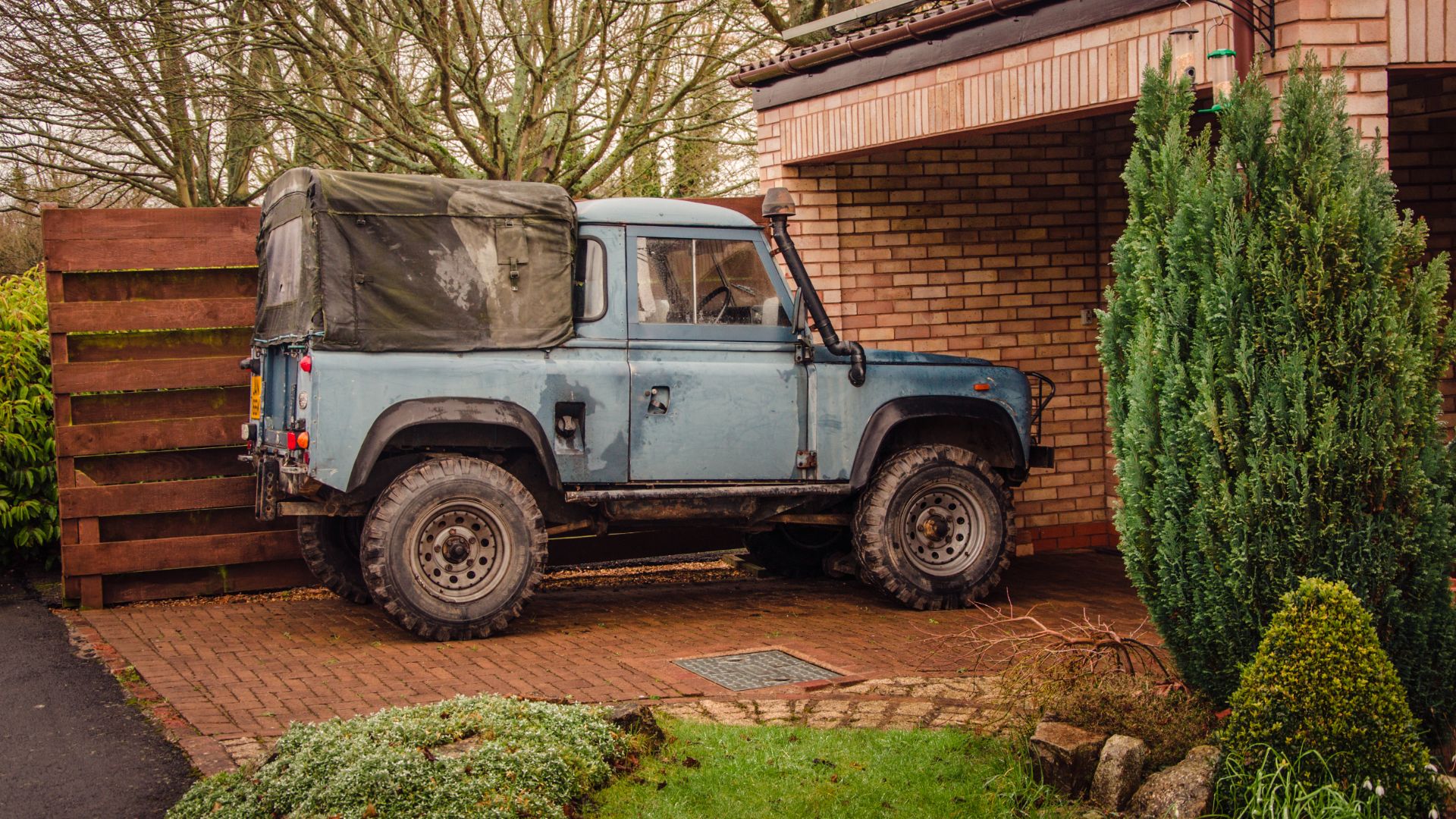
The ongoing coronavirus lockdown may mean your car doesn’t get driven for weeks at a time.
In this guide, we’ll explain how to keep it safe and roadworthy for essential journeys – and for when the lockdown lifts.
The basis for this advice comes from Euro Car Parts, but we’ve added some pointers of our own.
Protect against bad weather
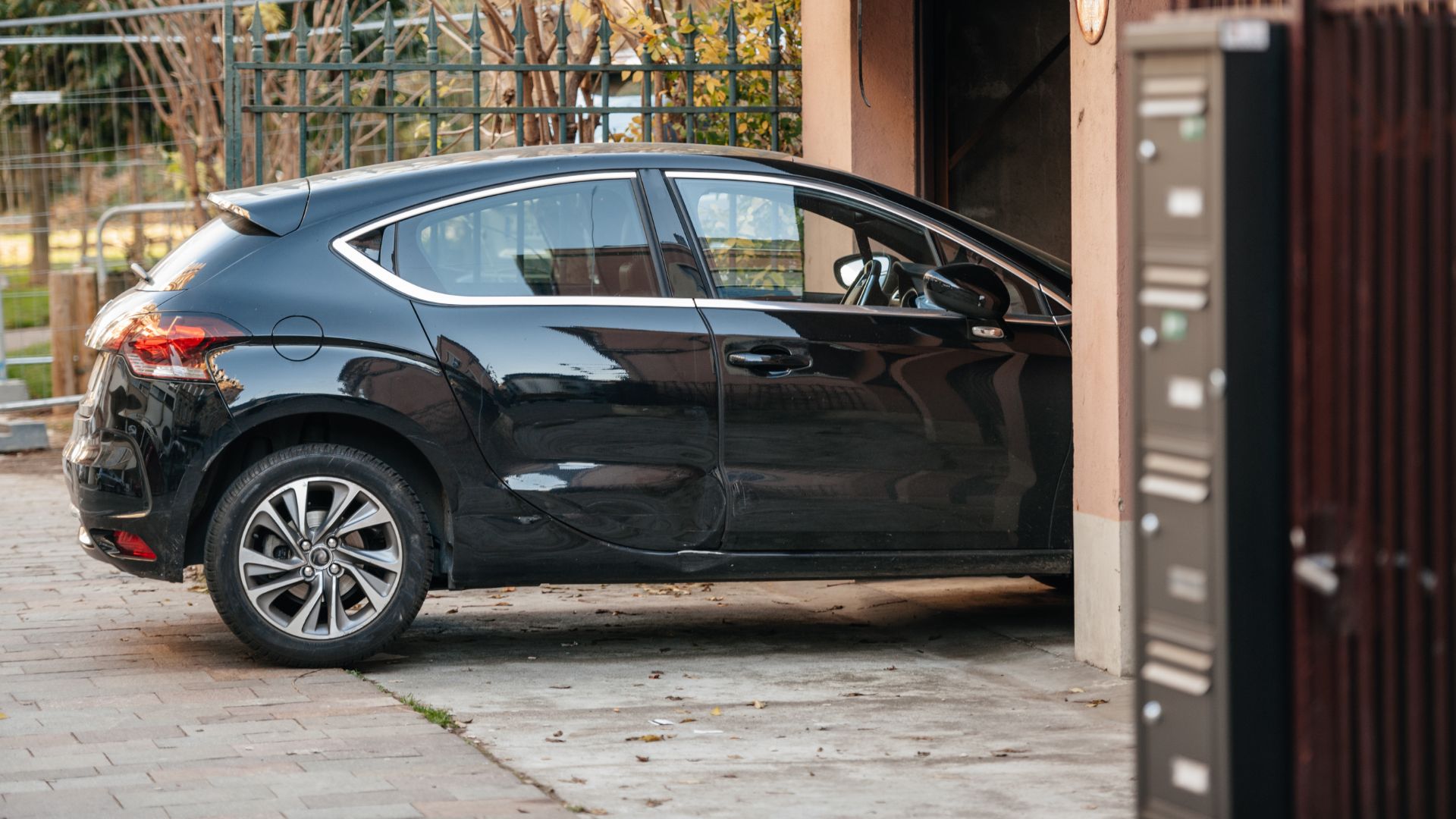
The first point is that your car needs protection from bad weather, particularly as winter drags on
Older or classic cars in particular don’t take well to a battering from the elements. If possible, parking in a dry, sheltered location – such as a garage – is best.
A car cover may be a worthwhile investment, too, if a garage or canopy is unavailable.
Clean your car before storing it
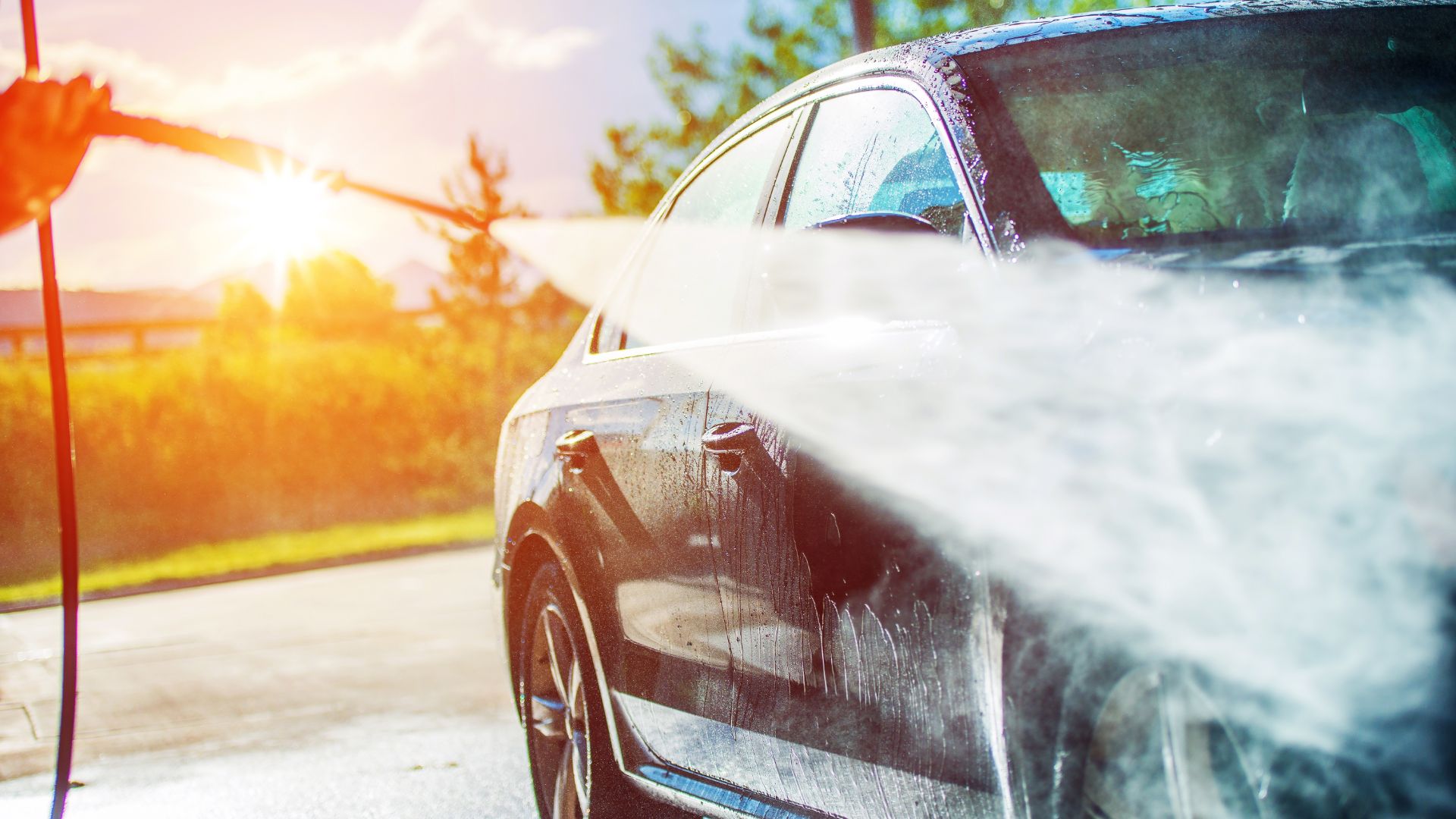
A proper clean will do your car good. Leaving grime on the bodywork – especially at this time of year, when it may be covered in road salt – can cause damage over time.
It sounds odd, but you should also clean your tyres. This will get brake shavings, grease and mud off, all of which can lead the rubber to degrade.
When it comes to washing, use the two-bucket method (one for shampoo, the other for rinsing the wash mitt), rinse the car with free-flowing water and dry it with a chamois for a tidy finish.
As well as being good for your car, this is a productive task to keep you busy at home.
Clean and protect the interior
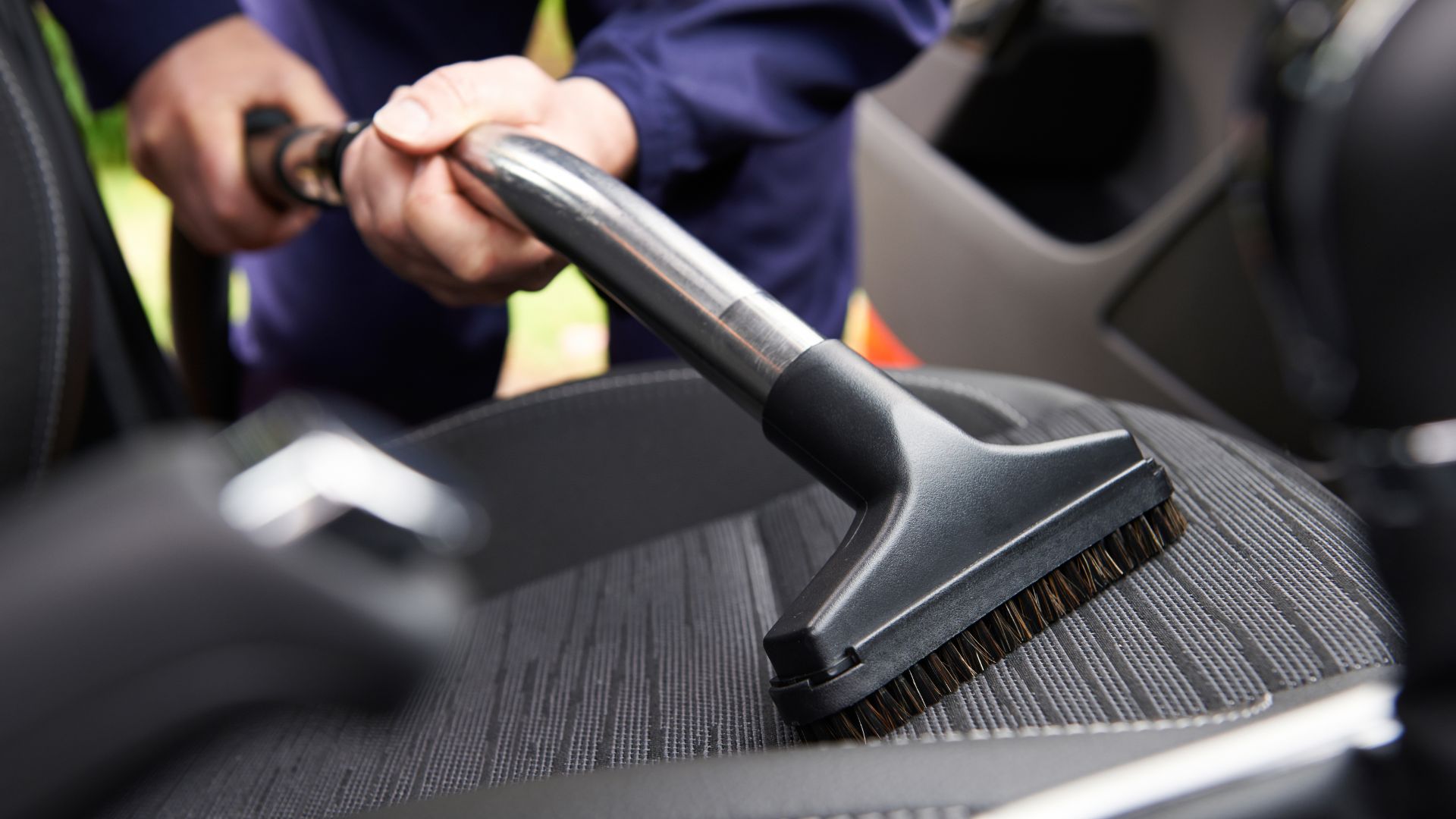
Your car interior can be a petri dish for dangerous micro-organisms, including the coronavirus. Give the interior a spring clean while you’re in lockdown.
It’ll stave off bad odours that you don’t want to smell on your return – and prevent damage to cabin materials.
Using a sunny day to air the car can really help as well. It’s surprising how quickly damp, and eventually mould, can build up in a car that doesn’t move. Put some moisture-absorbing silica gel in there for good measure.
Tyres, handbrake and more
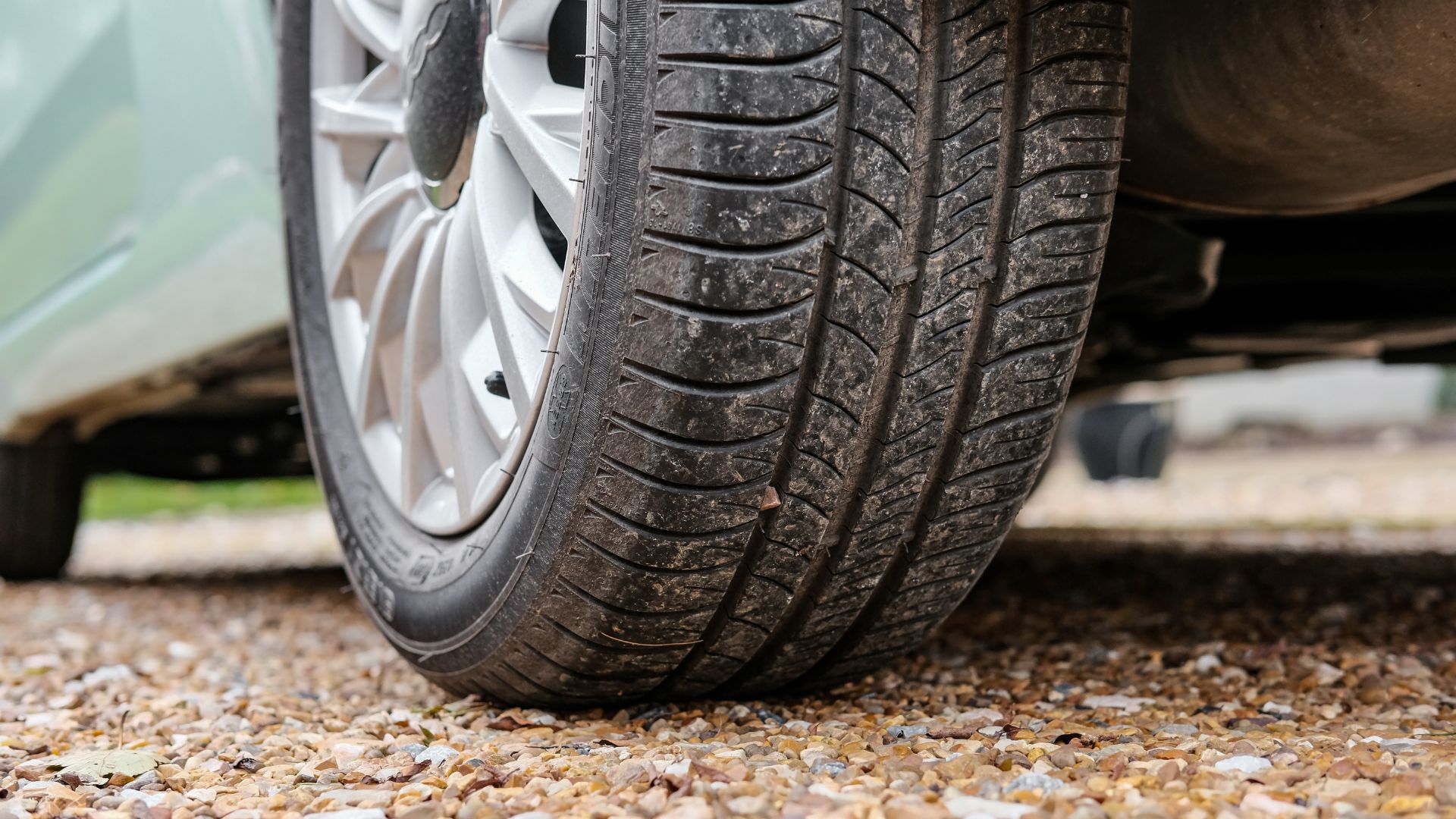
There are little things you can do that make a big difference to your car’s condition.
Firstly, leave it in gear, with chocks behind the wheels instead of the handbrake on. This will save your handbrake cable from stretching, and your brakes from binding over long periods.
Secondly, keep the car topped up with fuel. This will prevent moisture from developing in the tank and leading to rust.
Finally, pump your tyres up to avoid flat spots developing if the car isn’t being used.
Keep your battery charged
Indeed, the best thing you can do when leaving your car for long periods, is not actually leave it. Running your car’s engine will help keep the battery charged, but you should only drive during the lockdown if strictly necessary.
The most common failure on cars that stand for a while is a flat battery. Left flat, batteries can develop dead cells, with a replacement costing at least £50.
If you have one, plug in a trickle charger to keep the battery topped up.
ALSO READ:
Car battery guide: how to buy a new battery for your car